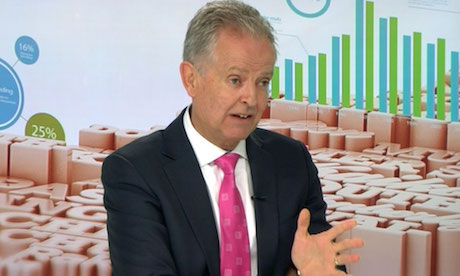Children’s Commissioner Andrew Becroft has changed his mind about the mandatory reporting for all abuse.
But he also thinks it is inconceivable that any New Zealand community group would have its own private investigation system.
Writing for Spinoff, Becroft said that when he became children’s commissioner mandatory reporting seemed a “no-brainer.”
But he says all the experts he has spoken to argue against mandatory reporting because it would stretch the system to the breaking point.
More importantly, it may inhibit children, even when they become adults, from seeking help because they fear their situation will have to be immediately reported to the police.
However, Becroft says it is not enough to advise those alleging sexual abuse that they are free to go to the police.
“It is our duty, as a community, to go with them, to invite the investigation, to play our part in purging our community of this insidious plague.”
The Children’s Commissioner says “knowing what we know now about the effects of abuse and its incidence, to say nothing of conflicts of interest, it’s indefensible for any organisation to even begin to justify a “do it yourself” approach.”
He notes that: “along with others, the Roman Catholic Church has come to recognise that the best disinfectant is sunlight.
It is no accident, and a sign of hope for the future, that New Zealand’s mainline churches have sought to be included within the scope of the Royal Commission into Abuse of Children in State Care,” he said.
While New Zealand has requirements for the mandatory reporting of child sexual abuse, they extend only to government organisations and the majority of non-profit organisations.
The law also applies to staff members of hospitals, institutions or residences where a child is living.
Anyone who is over 18 and aware of child abuse occurring in a household they live in or are a member of, must take reasonable steps to protect that child from death, serious harm or sexual assault.
Source
